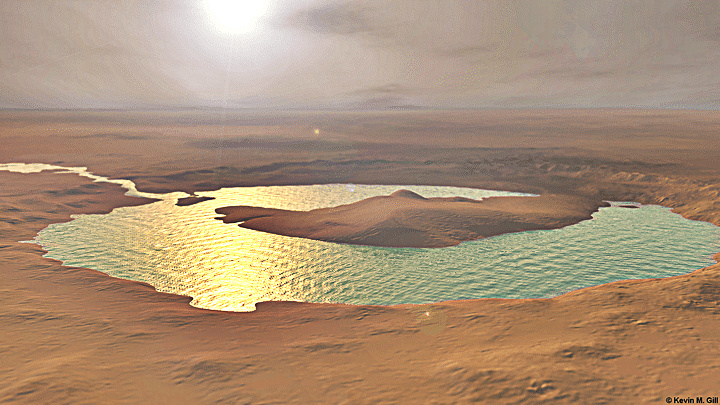One is the
loneliest number, especially when you are a single moon circling the planet
full of humans. But let’s not lose hope here because NASA announced that there
might be a second moon come to keep you company.
This newly
discovered moon is smaller than our moon and goes around the Earth
astonishingly irregularly, but still, two is quite better than one. This second
“moon,” is actually an asteroid called 2016 HO3 and it is currently locked into
“a little dance” with Earth. It's being called as "Quasi-Moon".
This new
moon has been dancing around for over a century now. Its orbit is extremely
elliptical, affecting it to go a wee bit off tangent—between 38 and 100 times
the distance of Earth’s primary moon—and bob up and down across Earth’s orbital
plane. This new moon is tilted by about 8° and it orbits the Sun for 365.93
days, which is a little longer than Earth’s 365.24 day-long year.
Since it’s
tilted and has an elliptical orbit, sometimes it is quite closer to the Sun and
moving a little faster than Earth. Other times, it is a little bit farther out
and moving a bit more slowly, however it never gets any closer than about 14
million kilometers from Planet Earth or farther than about 40 million
kilometers.
NASA said:
“Since 2016 HO3 loops around our planet, but never ventures very far away as we both go around the sun, we refer to it as a quasi-satellite of Earth”
According to
NASA, it’s larger than 36.5 meters across, but no more than 91 meters wide, and
will circle earth for many more centuries to come. 2016 HO3 was first
discovered by astronomers in April 27 with the Pan-STARRS 1 asteroid survey
telescope located in Haleakala, Hawaii.




Post A Comment:
0 comments: